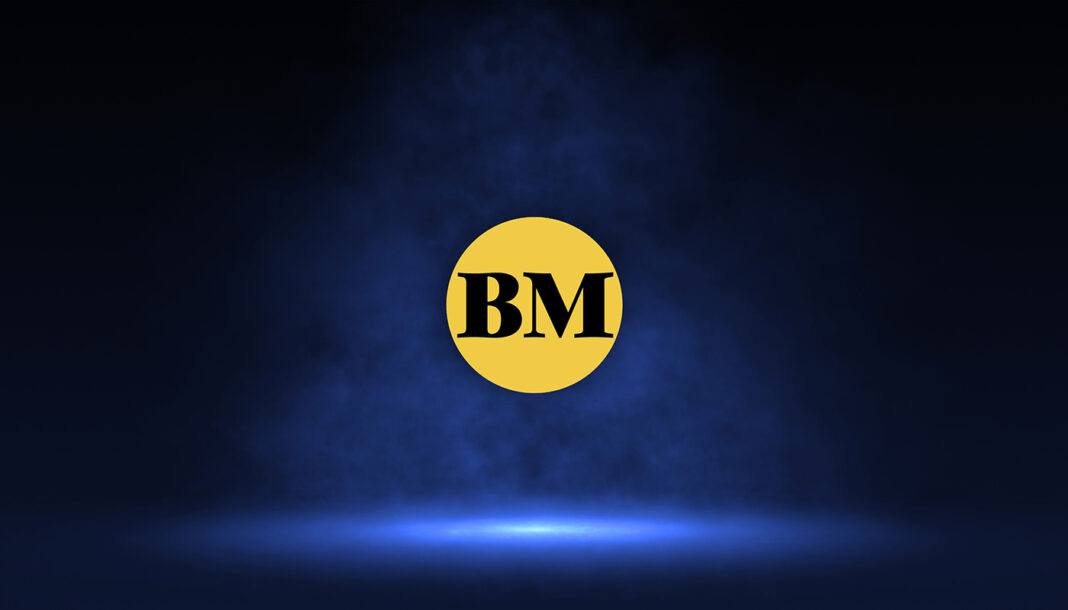
More than one world leader says humanity’s future, even survival, hangs in the balance when international officials meet in Scotland to try to accelerate efforts to curb climate change. Temperatures, tempers and hyperbole have all ratcheted up ahead of the United Nations summit.
And the risk of failure looms large for all participants at the 26th UN Climate Change Conference, known as COP26.
Six years ago, nearly 200 countries agreed to individualized plans to fight global warming in the historic 2015 Paris climate agreement. Now leaders will converge in Glasgow for two weeks starting Sunday to take the next step dictated by that pact: Do more and do it faster.
It’s not easy. Except for a slight drop because of the pandemic, carbon pollution from the burning of coal, oil and natural gas is increasing, not falling.
Between now and 2030, the world will spew up to 28 billion metric tons of greenhouse gases beyond the amount that would keep the planet at or below the most stringent limit set in Paris, the United Nations calculated this week.
“Everything is at stake if the leaders do not take climate action,” young Ugandan climate activist Vanessa Nakate said. “We cannot eat coal. We cannot drink oil, and we cannot breathe so-called natural gas.”
Her words were echoed by a man tasked with steering one of the world’s richest economic blocs through the climate transition.
“We are fighting for the survival of humanity,” European Commission Vice President Frans Timmermans said. “Climate change and the threatening ecocide are the biggest threats humanity faces.”
Climate change is fueling heat waves, flooding, drought and nastier tropical cyclones. Extreme weather also costs the globe about $320 billion a year in economic losses, according to risk modeling firm AIR Worldwide. And people die.
“The unhealthy choices that are killing our planet are killing our people as well,” said Dr. Maria Neira, director of public health and environment at the World Health Organization.
Humanity and the Earth won’t quite go off a cliff because of global warming, scientists say. But what happens in Glasgow will either steer the world away from the most catastrophic scenarios or send it careening down a dirt road with tight curves and peril at every turn. It’s a situation where degrees, even tenths of a degree, translate into added risk.
“We are still on track for climate catastrophe,” United Nations Secretary-General Antonio Guterres said Tuesday, even after some countries’ recent emission pledges.
For months, United Nations officials have touted three concrete goals for these negotiations to succeed:
— Countries must promise to reduce carbon emissions by 45% by 2030 compared with 2010.
— Rich countries should contribute $100 billion a year in aid to poor countries.
— Half of that amount must be aimed at adapting to climate change’s worst effects.
World leaders have recently softened those targets a bit, and they say the goals may not quite be finished by mid-November, when negotiations end. U.S. Climate Envoy John Kerry told The Associated Press: “There will be a gap” on emission targets.
Under the Paris pact, nations must revisit their previous pledges to curb carbon pollution every five years and then announce plans to cut even more and do it faster. Delayed a year by the pandemic, this year’s meeting is the first to include the required ratcheting up of ambitions.
The hope is that world leaders will cajole each other into doing more, while ensuring that poorer nations struggling to tackle climate change get the financial support they need.

